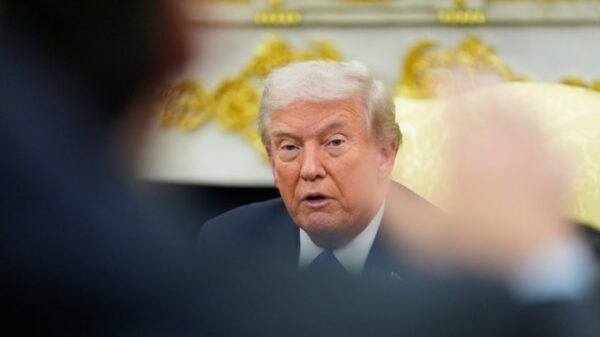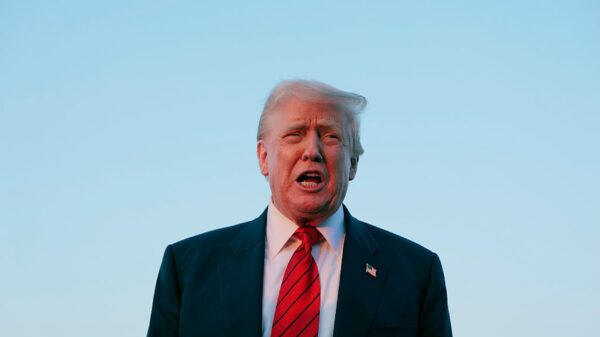The United States’ renewed focus on mercenaries and Private Military Companies (PMCs) signals a potential shift in global military dynamics. Recent discussions in Washington have reignited interest in these entities, with implications that could redefine the role of private contractors in modern warfare. As conflicts around the world escalate, the use of PMCs is likely to expand, raising ethical and legal concerns about profit-driven violence.
Several factors contribute to this growing trend. The ongoing conflict in Ukraine, for instance, has highlighted the increasing reliance on private contractors by various governments. According to reports from the U.S. Department of Defense, the presence of PMCs in conflict zones has surged, with companies like Blackwater and the Wagner Group positioning themselves as key players. This changing landscape may lead to a perception that hiring mercenaries is an acceptable solution for military engagements.
The historical context of PMCs is important to understand their current trajectory. Once viewed with skepticism, these organizations have gradually gained legitimacy in the eyes of some governments. The notion of “killing for profit,” once considered a relic of the past, is experiencing a renaissance. This shift could potentially normalize practices that many societies have deemed unacceptable in contemporary warfare.
Implications for Global Security
The implications of increasing reliance on PMCs extend beyond battlefield tactics. Critics argue that this trend undermines accountability and the rule of law. PMCs operate in a grey area of international law, often escaping the scrutiny faced by regular military forces. This lack of oversight can lead to human rights abuses and complicate diplomatic relations.
A notable example of this is the Wagner Group, which has been involved in various conflicts across the globe, including in Africa and the Middle East. Reports indicate that their operations often lack transparency, raising concerns about the consequences of their actions on local populations. The potential for mercenaries to operate without sufficient regulation poses risks not only to the regions in which they operate but also to international stability.
In March 2024, the U.S. Congress held hearings discussing the future of PMCs. Lawmakers are weighing the benefits of using private contractors against the ethical dilemmas they present. Some officials argue that PMCs can offer strategic advantages, including cost-effectiveness and the ability to deploy quickly without the political ramifications of sending regular troops. However, others warn that this reliance could set a dangerous precedent, leading to a more militarized approach to foreign policy.
A Global Perspective
The rise of PMCs is not limited to the United States. Countries worldwide are exploring similar avenues, leading to a proliferation of private military forces. Nations facing internal unrest or external threats may turn to these contractors for support, further entrenching the mercenary model in global military strategy.
As the world grapples with shifting power dynamics, the growing acceptance of PMCs may alter the landscape of warfare. The balance of power could shift away from traditional military forces, impacting geopolitical relations and international law. The normalization of private military engagement raises essential questions about the future of state sovereignty and ethical warfare.
In conclusion, the renewed American interest in mercenaries and PMCs represents a significant turning point in military strategy. As this trend evolves, the potential for these entities to reshape global conflict cannot be overlooked. The ramifications of this shift will require careful consideration from policymakers, military leaders, and society as a whole.


































































